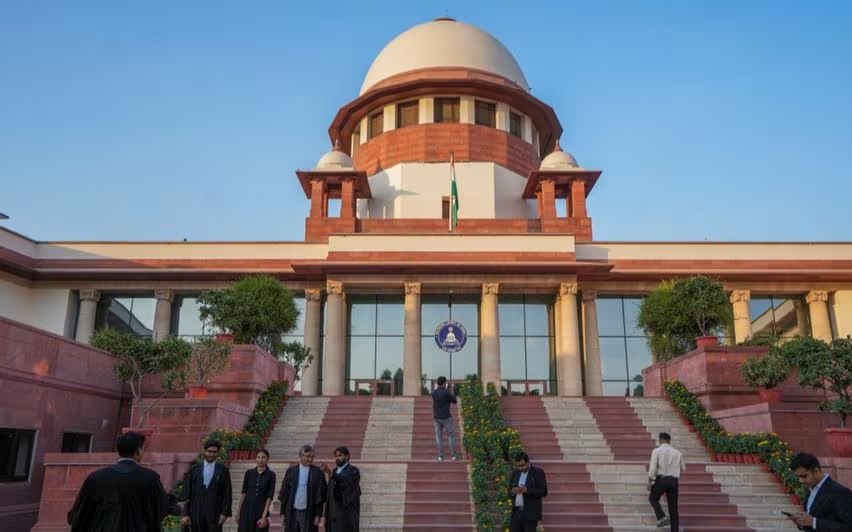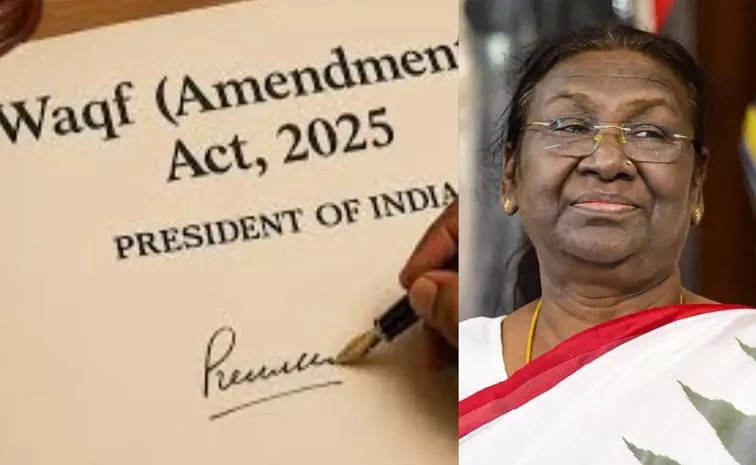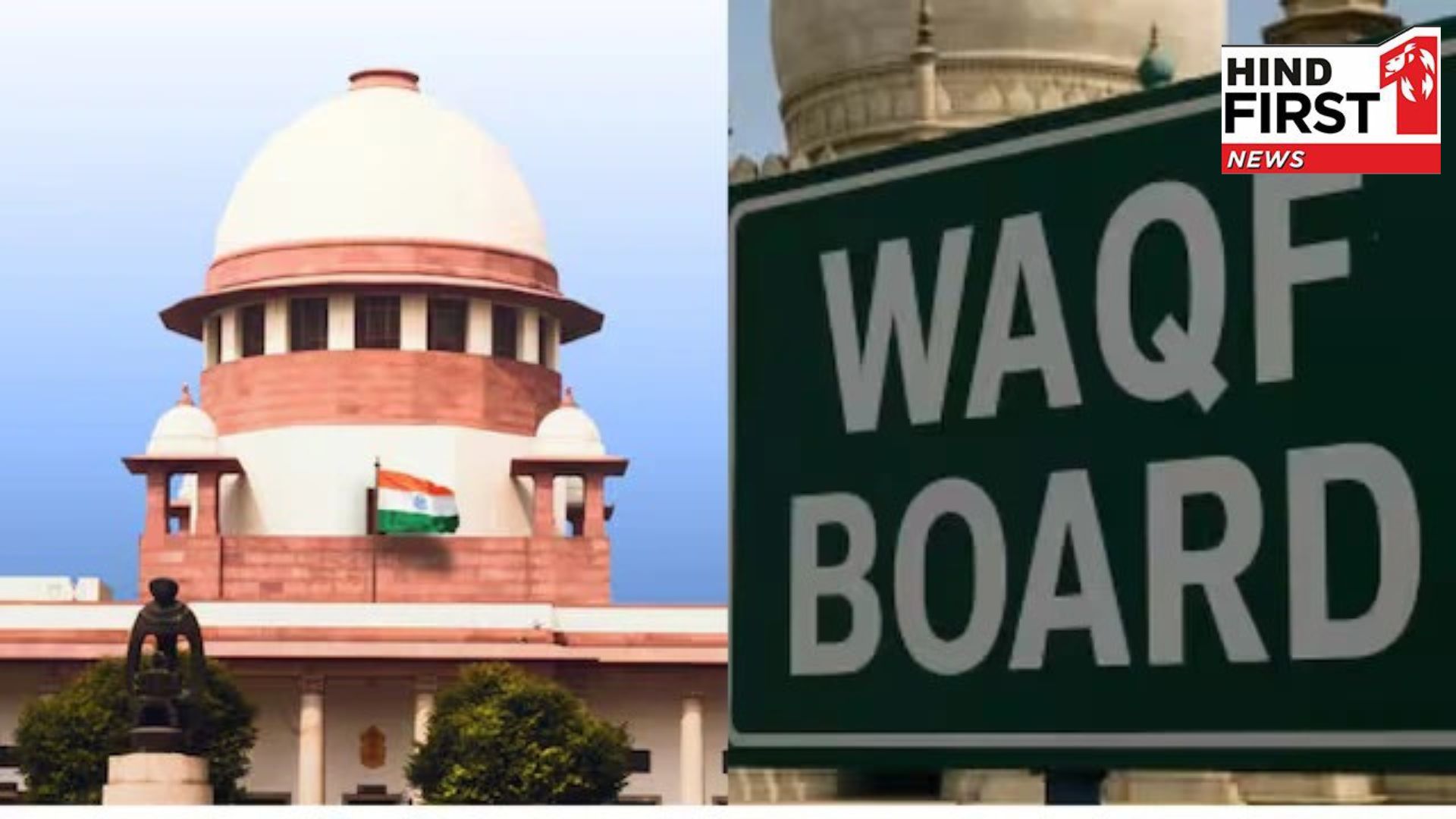Can the Supreme Court strike down the Waqf Bill? Legal battle heats up
The Waqf Bill has now become a law because it has received the President's approval.
The Waqf Amendment Bill has now become a law. After being passed by both houses of Parliament, the President has also given his approval to it. But now the controversy over this law has increased. But many people have approached the Supreme Court regarding this bill and petitions have been filed against it there. 

Waqf Amendment Bill has now become a law
Four petitions have been filed against this law in the Supreme Court. The petitioners say that this law is against the basic structure of the Constitution, and it is violating their fundamental rights.Petitions have been filed against this law in the Supreme Court
Now the question arises that when a bill has received the President's approval, can it still be challenged in the Supreme Court? And if the court rejects this law, then what legal grounds can be behind it? Now the debate has started on these questions.
On what basis can the challenge be made in the Supreme Court?
Senior Supreme Court lawyer Rohit Pandey said that any law can be challenged in the Supreme Court even after getting the President's approval. This challenge is given under Article 32 of the Constitution. In this process, the Chief Justice of India decides in which bench this case will be heard. Also Read: PM Modi, Sri Lankan President jointly inaugurate Maho-Omanthai railway line Rohit Pandey said that the right to challenge the law in the Supreme Court is given in the Constitution. When the constitutional validity of any law is questioned, then people directly approach the Supreme Court. Article 32 gives this right that if any bill or act violates the basic structure of the Constitution, then it can be challenged in the court. Like it happened earlier in the Kesavananda Bharati case. A law can be made, but if it harms the basic structure of the Constitution, then its validity can be questioned.
What rights does the Supreme Court have?
Senior lawyer Rohit Pandey said that the Supreme Court has the right to review any decision again. He said that many times such cases come up for which people knock the doors of the Supreme Court. Also Read: Waqf Act 2025: President Droupadi Murmu signs Waqf Amendment bill into law Like we saw earlier that the matter of CA-NRC went to the Supreme Court. Even after the removal of Article 370, it was challenged in the court. There is also a case going on regarding the Places of Worship Act and it is still pending in the court. In such cases, when people believe that their fundamental rights are being violated by a law or decision, they go to the Supreme Court and argue there that it is against the Constitution. Such cases are heard in front of the Chief Justice.Can SC cancel the Waqf Bill?
The court can give a verdict on that law and if needed, can also cancel it. He also said that if a law affects people's religious freedom or takes away the constitutional rights of a person or community, then that law can be challenged in court. If something like this happens against a particular person or community, then its validity can be questioned. Next Story


